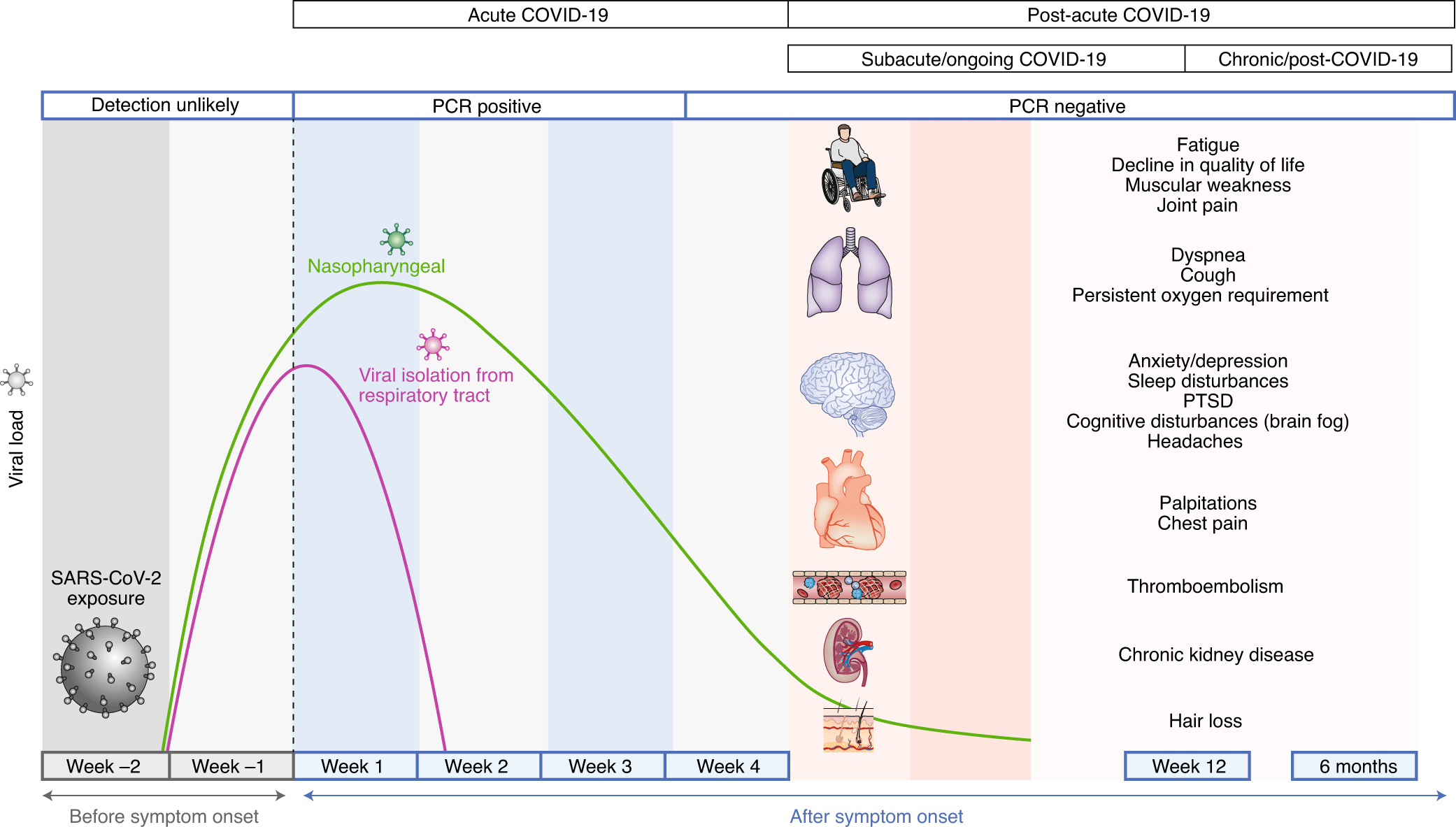Comprehensive Guide to Covid Symptoms

The Importance of Recognising Covid Symptoms
As the Covid-19 pandemic continues to affect millions globally, understanding its symptoms has become increasingly important. Early detection can significantly alter the course of the infection and help curb virus transmission. The timely identification of symptoms enables individuals to seek medical advice and prevent further spread within communities.
Common Covid Symptoms
Covid-19 presents a wide array of symptoms, which can vary greatly among individuals. The most common symptoms include:
- Fever or chills: Elevated body temperature is a frequent indicator of infection.
- Cough: A persistent cough is often reported, which may be dry or productive.
- Shortness of breath: Difficulty breathing can signal a more severe infection, particularly among individuals with underlying health conditions.
- Fatigue: A feeling of exhaustion is commonly noted, affecting daily activity.
- Muscle or body aches: Many patients report general discomfort that may be widespread.
- Loss of taste or smell: One of the unique symptoms of Covid-19, its absence can be particularly telling.
- Sore throat: Inflammation can cause difficulty swallowing.
- Congestion or runny nose: Symptoms may resemble those of common colds or allergies.
- Nausea or vomiting: These symptoms have also been associated with the virus.
- Diarrhoea: Gastrointestinal symptoms can occur, highlighting the virus’s varied impacts.
Emerging Variants and New Symptoms
As new variants of the virus emerge, the symptom profile may evolve. The recent Omicron variant, for instance, has been noted for presenting different symptoms, such as less respiratory distress compared to earlier variants. It is vital for health professionals and the public to stay updated on these changes to better identify and react to potential infections.
Importance of Testing and Vaccination
Due to the overlapping symptoms of Covid with other illnesses, testing remains crucial for accurate diagnosis. Vaccination continues to play an essential role in reducing severe illness and hospitalisation rates. Individuals experiencing Covid symptoms are strongly encouraged to get tested and self-isolate until results confirm their status.
Conclusion
Recognising and understanding Covid symptoms is vital for both individual health and public safety. With new variants emerging, staying informed is more important than ever. As science continues to shine a light on the virus, individuals must remain vigilant, continue testing, and adhere to public health guidelines. This proactive approach can help effectively manage the ongoing pandemic and mitigate future waves of infections.
